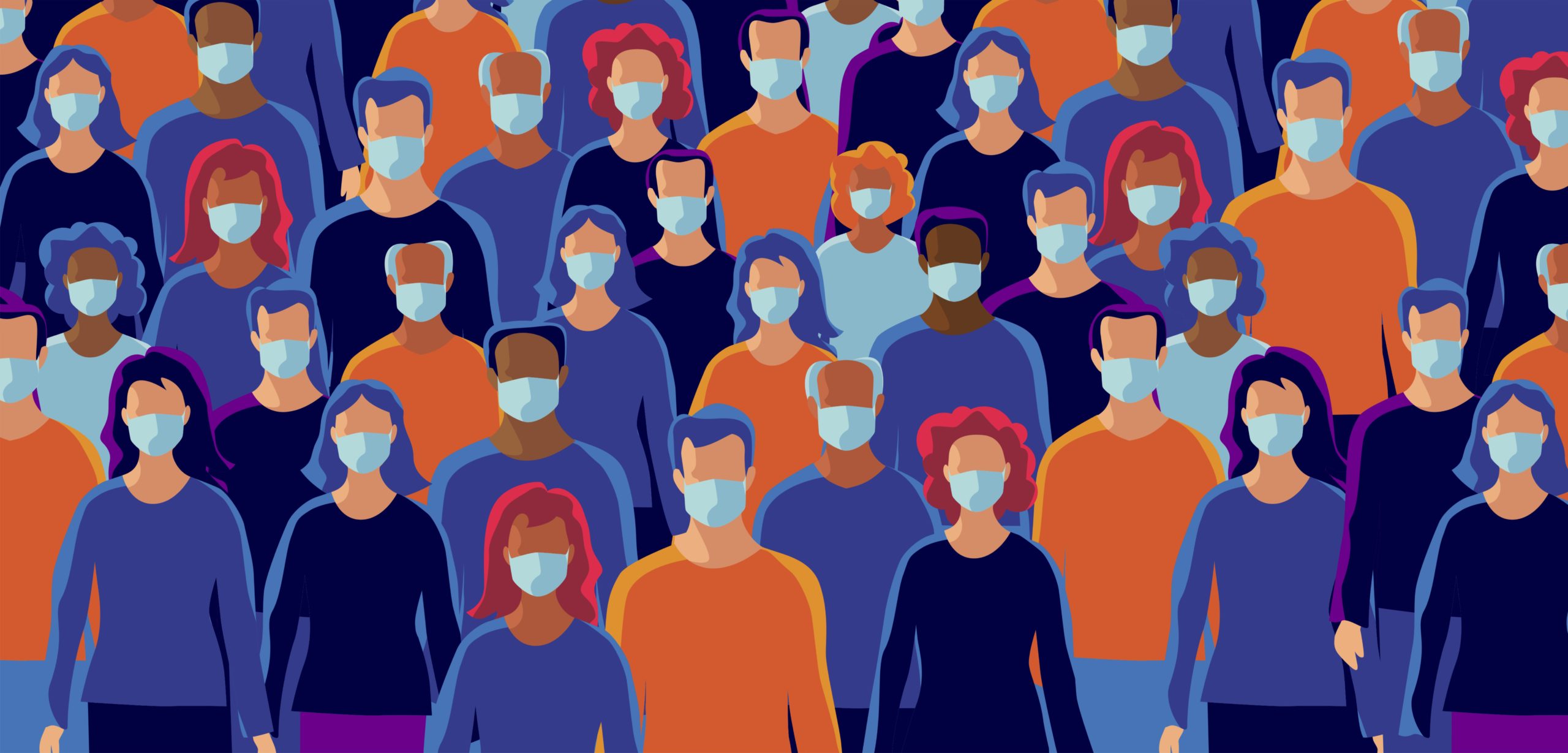Wekelijkse update van het nieuws rondom Corona, wereldwijd 4 – 10 mei 2020 (Engels)
United States:
- While COVID-19 cases continue to rise in the US, states begin to reopen and lift lockdown restrictions even if they have not met the White House’s criteria, such as a decline in cases over 2 weeks. (The Washington Post) In addition, despite COVID-19 trend indicating that cases still have not significantly decreased since April (Axios) and that reopening will spark a jump in cases and deaths (Columbia University), places all around the US are determined to reopen to boost the economy.
- In 15 children in New York City, doctors noticed rare symptoms similar to those of Kawasaki disease or toxic shock syndrome and are worried about a potential link to COVID-19. The children, aged 2 to 15 years old, presented with fever, and more than half of them reported a rash, abdominal pain, vomiting or diarrhea. None of them had any respiratory symptoms, but four of the 15 children did test positive for COVID-19. – USA Today
Europe:
- The United Kingdom is now the new epicenter for coronavirus in Europe with over 30,000 estimated deaths in the country. – TIME
- As some European countries begin to loosen restrictions, Russia is now concerned as their Prime Minister, Mikhail Mishustin, is infected with COVID-19, and the country has over 130,000 confirmed COVID-19 cases. Cases are still rising and, in an effort to monitor social distancing rules, drones have been released to monitor the public’s movements. – Forbes
- In France, scientists retested patients’ pneumonia samples. They discovered positive coronavirus cases from as early as December 27, 2019, almost a month before the country confirmed first cases. – France24
Africa:
- The World Health Organization warns that if coronavirus is not contained properly in Africa, the virus could kill between 83,000 and 190,000 and infect between 29 million and 44 million in the first year. Coronavirus hit Africa later than most continents, and most of its countries have imposed strict restrictions. – NBC
Research & Technology:
- Some viruses are known to mutate or change as they circulate, such as influenza. While influenza mutates rapidly, coronavirus appears to be changing as well, but very slowly. So what does this mean? Well, it does not affect vaccine development at all. Still, studies are trying to determine if these viral mutations will help the virus die out on its own or change the viral transmission ability. – Science Alert
- A new UK study, not yet peer-reviewed, lists new at risk populations for coronavirus deaths: Men, ethnic minorities, older people, those with uncontrolled diabetes and severe asthma, and people from disadvantaged backgrounds. – OpenSAFELY
- New research shows that pangolins, which are thought to be a main source of COVID-19 transmission, can tolerate coronavirus because they do not have 2 virus-detecting genes, an evolutionary advantage that may aid future treatment development. – Frontiers in Immunology

